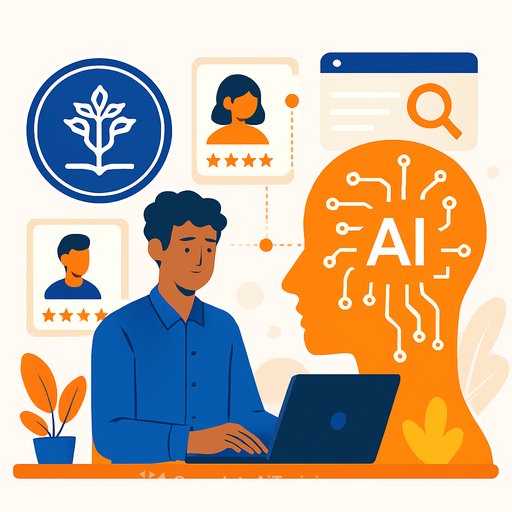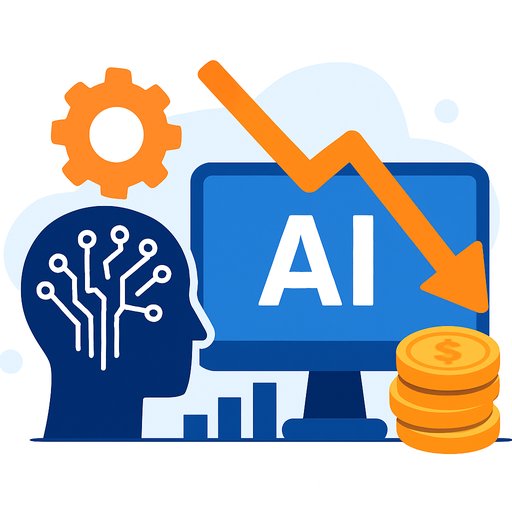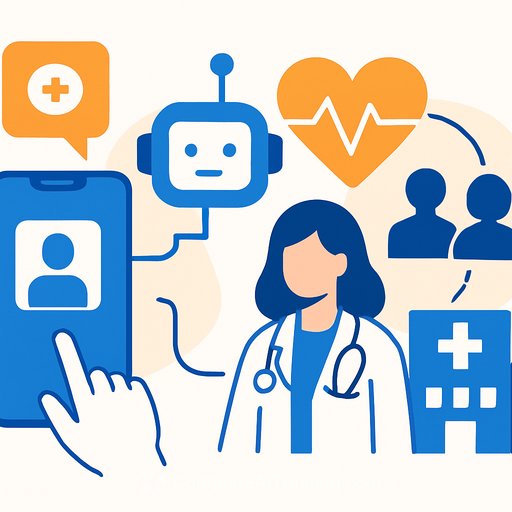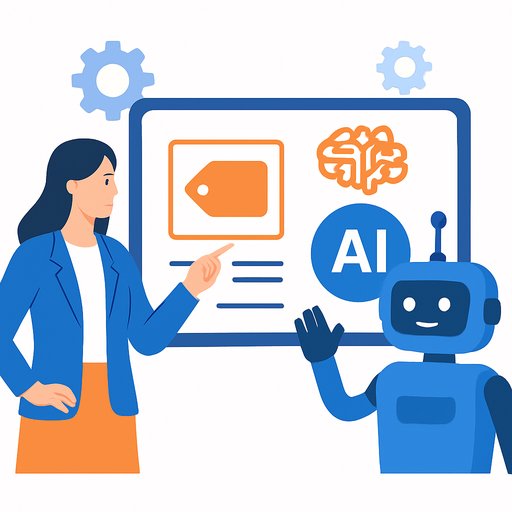IPB University Launches Indonesia's First AI-Based Talent Management Program
IPB University has become the first campus in Indonesia to deploy AI-driven Talent Management, formalized through an MoU with ESQ led by Ary Ginanjar on Tuesday (9/16). This move aligns with the university's 62nd anniversary and its commitment to prepare top talent for Indonesia Emas 2045.
Rector Prof Arif Satria emphasized that Talent Management in the Society 5.0 era must be data-led. With AI tools from ESQ, the university will guide the careers of students, lecturers, and educational staff based on identified talents and clear evidence, not guesswork.
Why this matters for management
The shift addresses a systemic issue: ESQ reports that 87% of students believe they chose the wrong major and 74% of workers sit in roles misaligned with their strengths. Misplacement drains motivation, reduces productivity, and raises stress and dropout risk-costs every leader feels across hiring, learning, and retention.
AI changes the pace and precision of talent mapping. Faster assessments with higher accuracy help institutions and employers build reliable talent pools tied to real capabilities and interests.
What IPB's model enables
- Data-based profiling of competencies, interests, and talents across students and staff.
- Targeted interventions for student development, academic performance, organization fit, and mental health support.
- A scalable framework other universities can replicate to strengthen national talent readiness.
As Prof Arif noted, AI allows IPB to move from intuition to measurable outcomes. Ary Ginanjar highlighted that education in the 5.0 era prioritizes individualization and personalization, where students are known by their skills, competencies, interests, and talents-leading to a better match between people and roles.
Implications for universities and employers
Building a high-quality talent pool is central to Indonesia Emas 2045. A consistent, data-backed pipeline from campus to industry strengthens workforce planning and shortens time-to-productivity.
- Recruitment: Connect internships and entry roles to campus talent data; hire for strengths backed by evidence.
- Learning & Development: Personalize learning paths using assessment results; tie courses to role outcomes.
- Performance & Mobility: Use skills signals for project staffing and internal moves; reduce mismatches.
- Well-being: Flag risk early; pair development plans with mental health resources to sustain performance.
- DEI & Fairness: Monitor models for bias; validate assessments with real-world performance data.
- Data Governance: Set consent, privacy, and retention rules; define who sees what and why.
- Systems: Integrate with HRIS/ATS and learning systems for automated, auditable workflows.
Practical steps for managers
- Run a joint pilot with a partner university: Define a single business goal (e.g., reduce early attrition by 15%).
- Select clear inputs: Skills tests, portfolio evidence, project performance, feedback signals.
- Define success metrics: Quality of hire, time-to-productivity, retention at 6-12 months, engagement scores.
- Establish a review cadence: Quarterly model performance checks and bias audits with cross-functional oversight.
- Start small, scale what works: One function or program, then expand once KPIs improve.
Context and resources
IPB's initiative aligns with Society 5.0 thinking and national goals for 2045. For background on these frameworks, see Society 5.0 from the Cabinet Office of Japan and Indonesia's 2045 vision from Bappenas.
Upskill your team
If you are planning an AI-enabled talent strategy, align manager capabilities with the tech. Explore practical AI course paths by job role to accelerate adoption and governance.
Explore AI courses by job role
IPB University's move sets a clear signal: talent decisions are shifting to data, speed, and personalization. Leaders who adapt their hiring and development systems now will gain an edge in capability, engagement, and results.
Your membership also unlocks:






